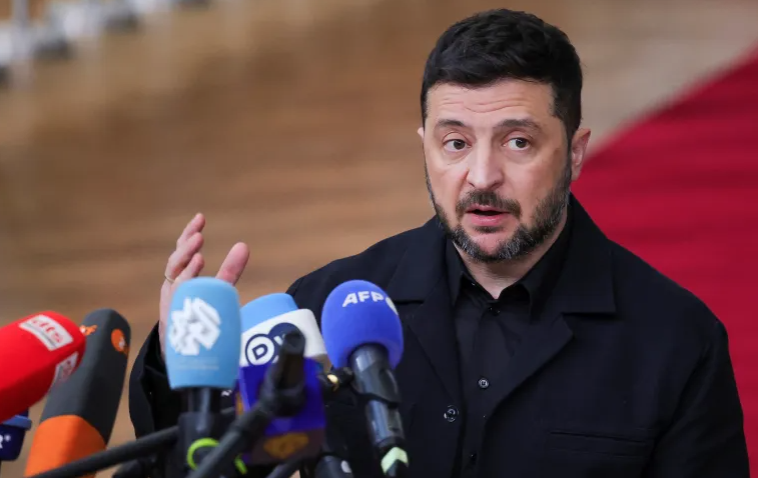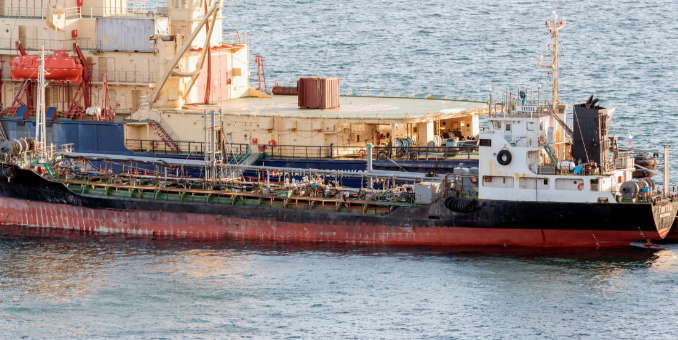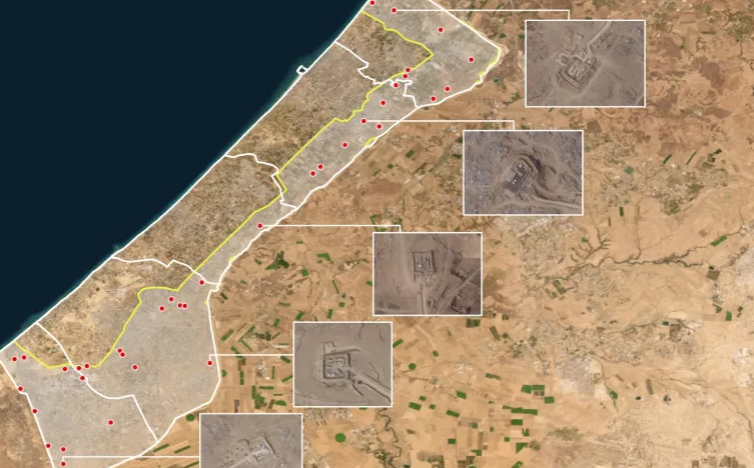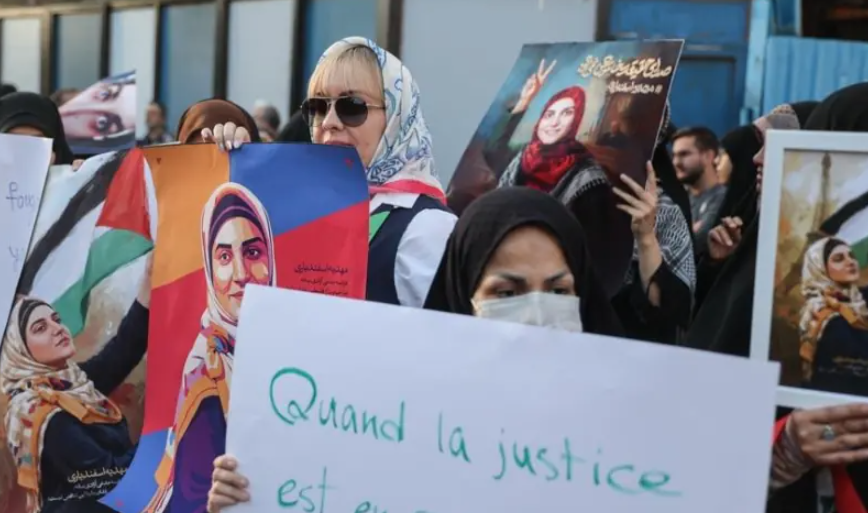WORLD NEWS

European Union leaders are meeting in Brussels to finalize a plan that would use profits from frozen Russian central bank assets to provide a €140 billion ($163.27 billion) loan to Ukraine — a move that has sparked strong condemnation from Moscow.
European Council President Antonio Costa welcomed Ukrainian President Volodymyr Zelenskyy as a “future member” of the bloc, announcing that a “political decision” would be taken to channel cash balances from frozen Russian securities to cover Kyiv’s financial needs in 2026 and 2027.
Swedish Prime Minister Ulf Kristersson said there was “broad support” for the measure, while Finland’s Petteri Orpo urged the European Commission to finalize the proposal swiftly so the funds could be available by next year.
However, Belgium, home to the Euroclear depository holding around $225 billion in frozen Russian assets, raised legal concerns. Belgian Prime Minister Bart De Wever said he had not seen the legal basis for the move and warned, “Belgium will stop the decision if our demands are not met.”
German Chancellor Friedrich Merz acknowledged the legal risks but expressed confidence that progress would be made. EU foreign policy chief Kaja Kallas said Brussels would work to ensure Belgium received the legal guarantees it sought, adding that “the risks must be shared.”
According to Al Jazeera, discussions also touched on whether Kyiv could use the funds to purchase European or U.S. arms, with Germany, France, and Italy insisting that the money benefit European defense industries.
🇺🇦 Ukraine Thanks West for Support
Zelenskyy thanked the U.S. and EU for their latest sanctions targeting Russia’s energy sector. The EU’s 19th sanctions package will restrict Russian oil exports, blacklisting ships in its “shadow fleet” and imposing tighter travel rules on Russian diplomats.
Danish Foreign Minister Lars Lokke Rasmussen said the inclusion of liquefied natural gas (LNG) in the sanctions marked a major step toward ending the EU’s dependence on Russian energy.
Meanwhile, U.S. President Donald Trump, in his first sanctions move since returning to the White House, targeted Russian oil giants Lukoil and Rosneft, aligning U.S. policy closely with Europe’s.
🇷🇺 Moscow Calls Move “Theft”
Russian Foreign Ministry spokesperson Maria Zakharova condemned the EU’s proposal as “illegal” and promised a “painful response.” She described the potential seizure of Russian assets as “theft” and warned that such actions would deepen the conflict.
Former Russian President Dmitry Medvedev called the sanctions an “act of war,” while the Kremlin maintained that Russia had developed an “immunity” to sanctions — though analysts say the new measures will significantly hit oil revenues, particularly exports to India.
🌍 Strategic Repercussions
The summit also follows a diplomatic rift over Trump’s proposed meeting with Russian President Vladimir Putin, which was postponed after backlash from Kyiv’s European allies.
European leaders reiterated their support for Ukraine, rejecting any notion of territorial concessions to Russia. Zelenskyy, speaking in Brussels, said a ceasefire could be achieved but “only through more pressure on Moscow,” firmly ruling out ceding land to Russia.
The EU is expected to adopt a new “European Defense Roadmap” to strengthen military readiness by the end of the decade, signaling a united front against Russian aggression.




